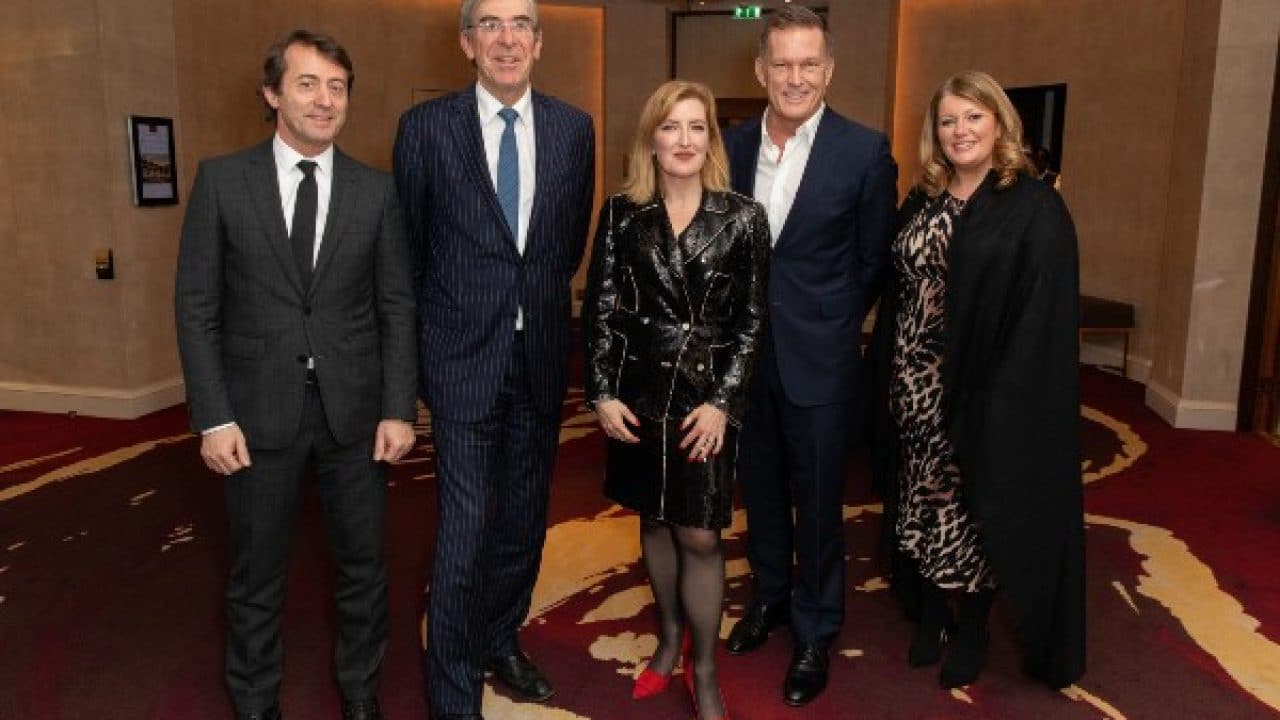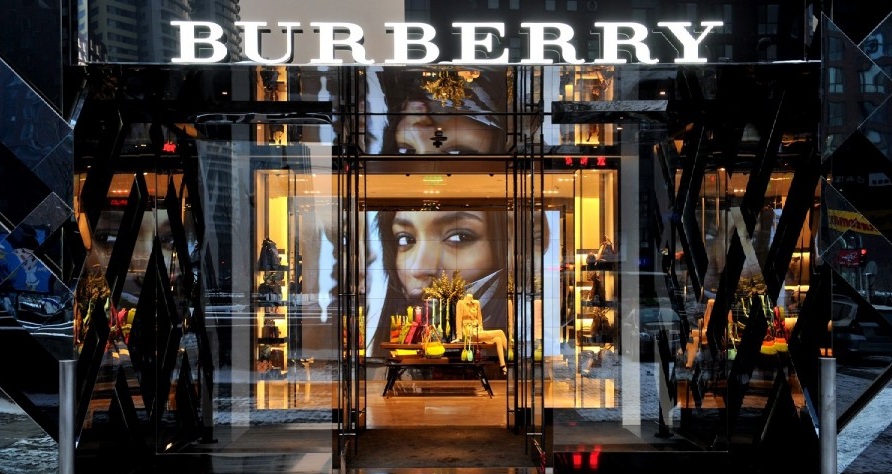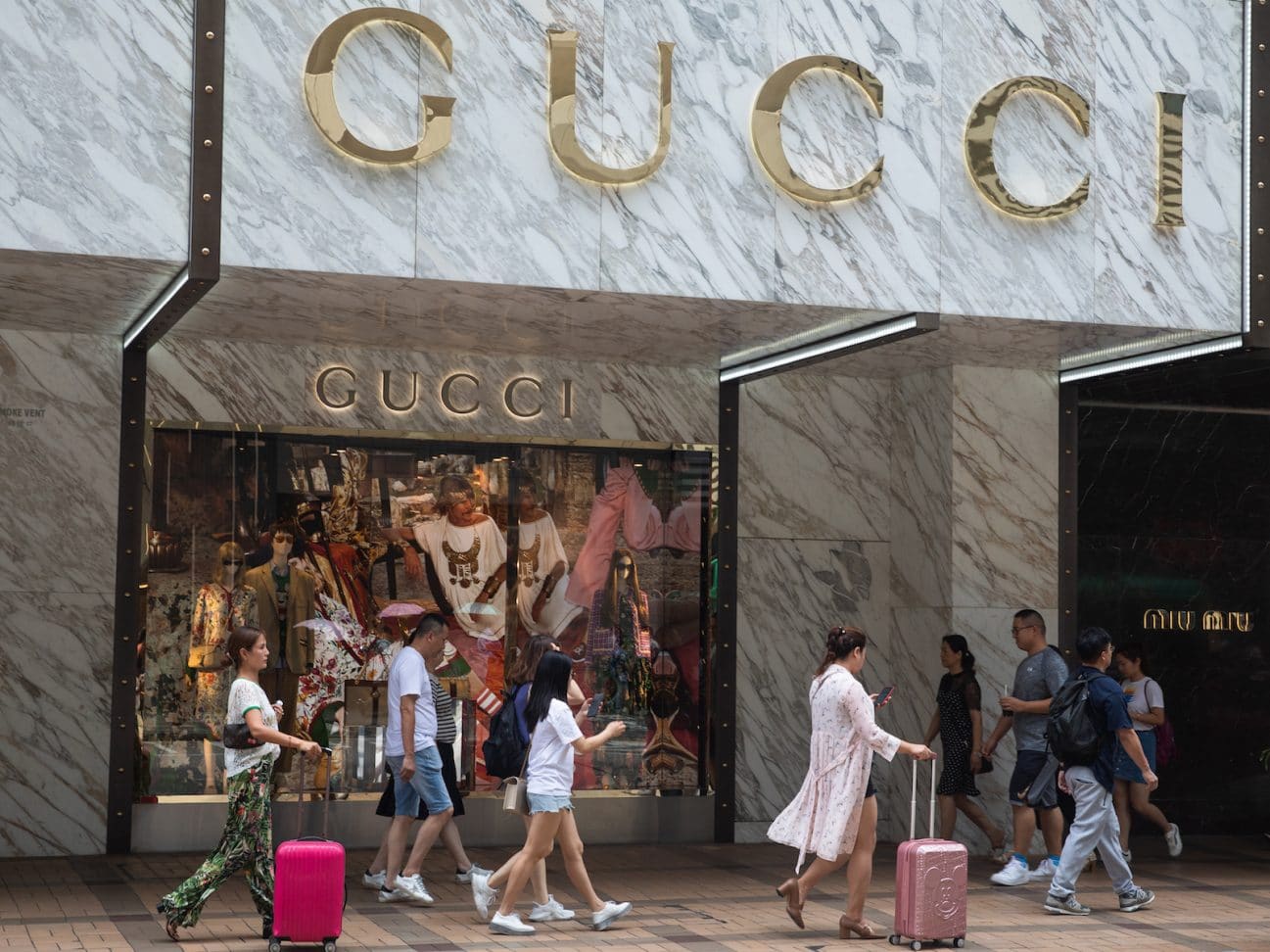Walpole launches its sustainable development manifesto to guide its members and suppliers towards sustainable practices. The manifesto aligned with the United Nations will cover the safeguarding of the environment and natural resources as well as working conditions.
By Luxus Plus
The not-for-profit organization that represents the interests of the British luxury goods industry Walpole has teamed up with industry retailers such as Burberry, Dunhill, Harrods, Johnstons of Elgin, Mulberry and The Savoy to establish luxury British as a leader in sustainability.
Walpole has more than 270 high-end retailers as its members launched its comprehensive sustainability manifesto to support the British luxury sector by paving the way for the imperative of sustainability.
Supported by its strategic partner McKinsey & Company, Walpole launched the first phase of its manifesto on January 13 at its annual dinner of CEOs and presidents.
Over 100 British luxury brands attended the dinner to support the launch of the new initiative and commit to prioritizing sustainability within their businesses.
Aligned with the United Nations Sustainable Development Goals, the Walpole Manifesto aims to define the industry’s best practices aspirations for sustainable development for the British luxury sector with four general principles:
Lead the transition to a circular economy, protect the environment and natural resources, guide partners and suppliers towards sustainable practices and advocate for equal and respectful working conditions.
The McKinsey & Company “Generation Research” revealed momentum from consumers demanding sustainable products, with around 30% of GenZ and Millennial consumers willing to pay more for sustainable products.
“If British luxury is to reach its target of £ 65 billion in sales over the next five years, sustainability must be at the heart of every brand’s strategy,” said Helen Brocklebank, CEO of Walpole.
“For the Millennials and GenZ who will account for half of all luxury sales by 2025, real luxury comes only with a conscience of its own.”
New sustainable goals
Investors and shareholders are increasingly demanding sustainable investments, with a third of global assets now managed by sustainable strategies.
Governments and regulators are also accelerating change through legislative changes.
Pam Batty, Vice President of Burberry, responsible for corporate responsibility, said, “The luxury industry must collaborate and adopt large-scale policies and programs to protect the environment, implement more sustainable practices. and support workers in its supply chains ”.
“While there is no quick fix, we strongly support the Walpole UK Luxury Sustainability Manifesto which will bring together established and emerging British brands to implement systemic change and build a more sustainable future for our industry . ”
Indeed, according to the 2019 Swytch Employee Feeling Survey, around 70% of employees would prefer to work for a company with an ecological footprint.
These views have been replicated in Walpole-McKinsey 2020’s Sustainability in Luxury Survey, and focus groups conducted among Walpole members.
“It is becoming increasingly relevant to luxury consumers, investors and brands to have sustainable products.” Said Anita Balchandani, partner at McKinsey & Company.
It found that 90% of retailers consider sustainability to be one of the top five priorities for their business, largely due to the increased focus on social responsibility and changing consumer expectations and purchasing behavior.
However, the survey found that responsible sourcing of raw materials, waste management and reducing greenhouse gas emissions were challenges faced by the majority of Walpole members.
Having developed the manifesto, with clear aspirations, Walpole will strive to provide ongoing directional guidance to its members and support member companies with relevant resources, forums and tools to achieve these aspirations.
Read also: Sustainable Luxury: The topic of the next Design Competition “Le groupe Gainerie 91”









